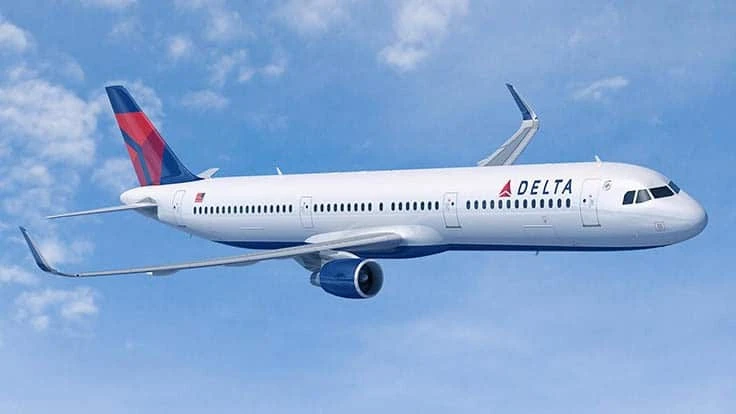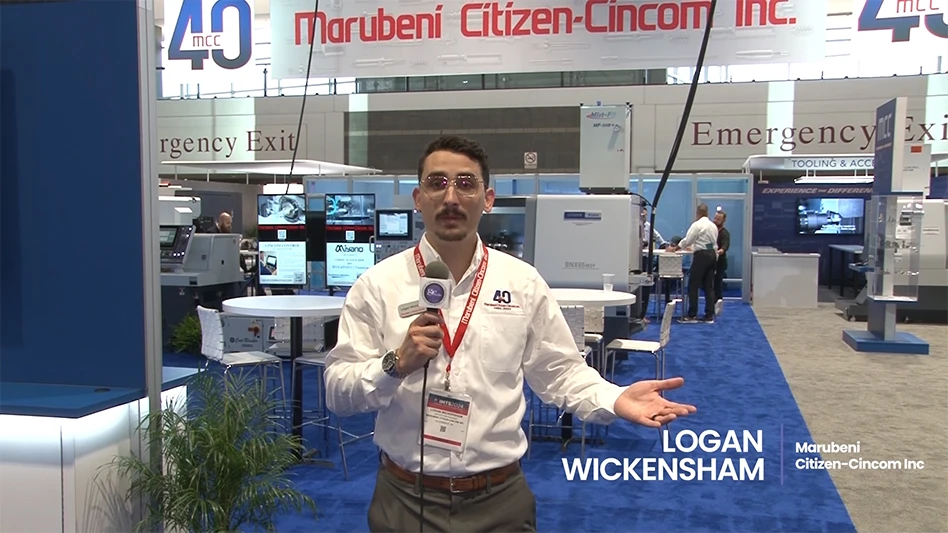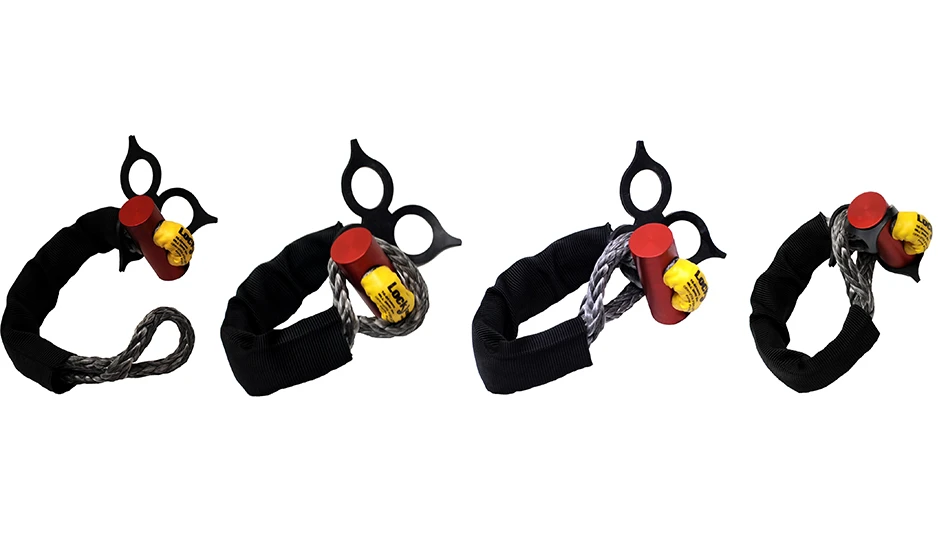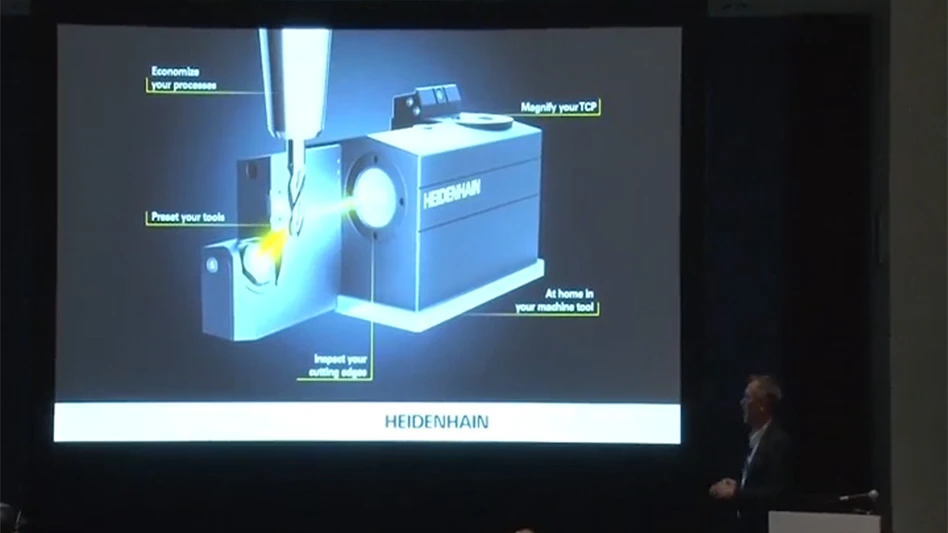
Airbus
Delta Air Lines has placed a firm order for 25 Airbus A321neo (new engine option) aircraft. This is in addition to Delta’s 2017 order of 100 A321neo airliners. These planes will be powered by Pratt & Whitney PW1100G-JM engines. Additionally, Delta has accelerated delivery of two A350-900 aircraft and two A330-900neo aircraft.
“With our customers ready to reclaim the joy of travel, this agreement positions Delta for growth while accounting for the planned retirements of older narrowbody aircraft in our fleet, reducing our carbon footprint, increasing efficiency, and elevating the customer experience,” said Mahendra Nair, Delta’s senior vice president of Fleet Strategy.
“We have managed the challenges of the last year together with our customers, and it is gratifying to be taking steps like this one towards the regrowth of our industry with our long-standing partner, Delta," said Christian Scherer, Airbus chief commercial officer.
First delivered in April 2017, the A321neo shares 95% airframe commonality with the Airbus A320 family, facilitating seamless integration into existing single-aisle fleets. The A321neo also shares a common type rating with the rest of the A320 family, permitting A320 family pilots to fly the A321neo without additional training.
This latest order from Delta Air Lines brings the A321neo’s total order since introduction to nearly 3,500, with more than 500 aircraft already in fleets around the world.
Airbus plans new aerostructures companies in France, Germany
In separate news, Airbus management announced plans to create two integrated aerostructures assembly companies in Europe.
A new company in France would bring together the activities currently managed within Airbus in Saint-Nazaire and Nantes together with those of STELIA Aerospace worldwide.
Another company in Germany would bring the activities of Stade and Structure Assembly of Hamburg together with those of Premium AEROTEC in Nordenham, Bremen, and partly in Augsburg, while rebalancing activities toward the upper part of the value chain and reviewing its involvement in manufacturing detail parts.
The two new aerostructures assembly companies, wholly owned by Airbus, would no longer be suppliers to Airbus but become integrated within Airbus, simplifying both governance and interfaces in a new industrial setup. Their distinct status would also enable them to focus on their industry segment and be leaner and more agile, fostering competitiveness, innovation, and quality to benefit Airbus programs.
Airbus also intends to create a new global detail parts business, anchored in Germany. Born of Premium AEROTEC, this new entity would be able to capitalize on long-term growth prospects with Airbus and external customers on civil and military platforms.
In Spain, Airbus continues to work on solutions with its social partners to optimize the current industrial and aerostructures setup near Cádiz to ensure its viability and competitiveness for the future.
Latest from Aerospace Manufacturing and Design
- Navigating today’s supply chain
- Piper Aircraft Inc. achieves AS9100 Certification
- Kyocera SGS' KGZ precision cut-off solutions
- Bridging the Skills Gap: A Solution for Today’s Labor Shortage
- Molex to acquire AirBorn
- Nano Dimension's Exa 250vx digital light processing (DLP) 3D printer
- IMTS 2024 Booth Tour: Fagor Automation Corp.
- How Robotics and Automation are Transforming Manufacturing





